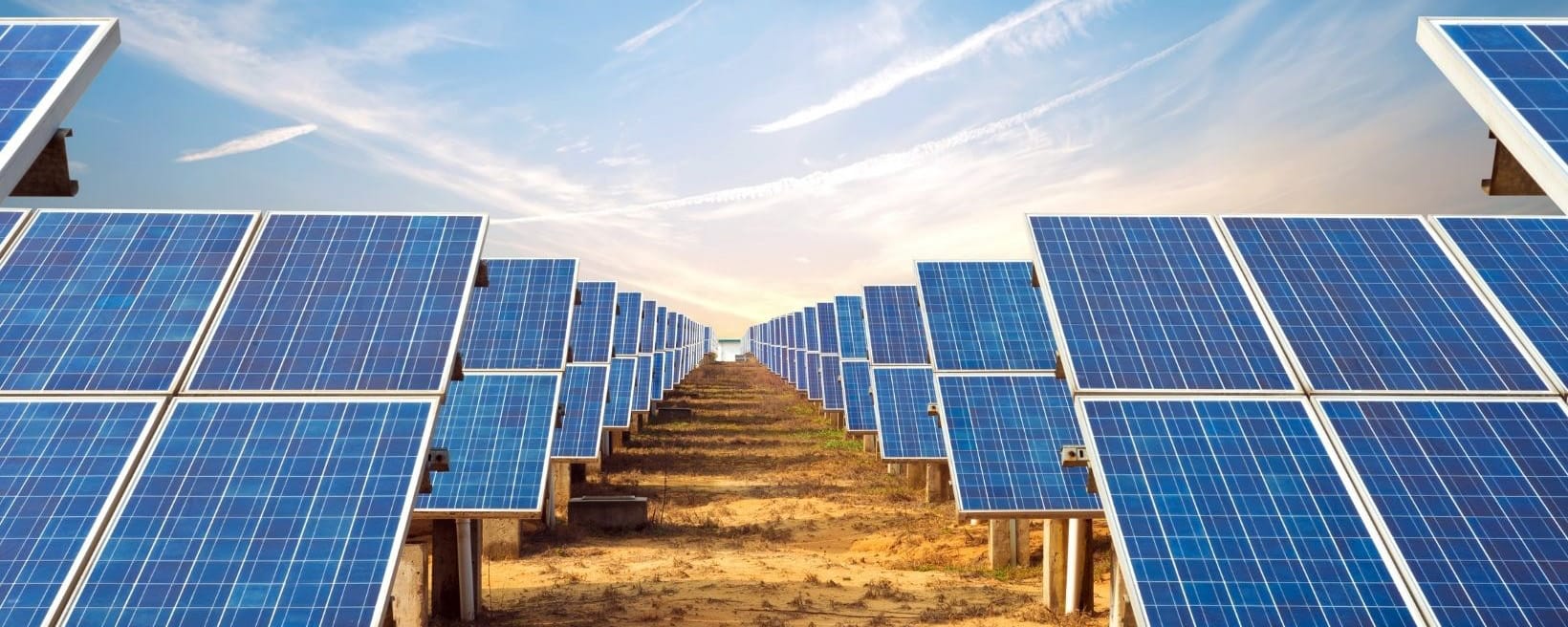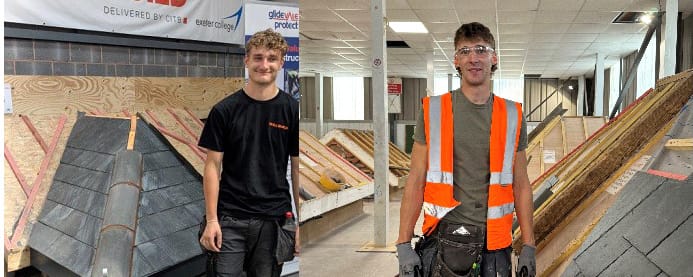How plumbing can help reduce water wastage

Water waste is a huge problem in the UK. Each of us uses an average of 150 litres of water per day, according to the Energy Saving Trust. Often we waste water without realising, for example when brushing our teeth, washing the dishes and taking a shower.
There are lots of things we can do at home that prevent water wastage, which is great news for our water bill, but it will also mean there is less strain on the environment. Keep reading as we plunge in to how more conscious plumbing can make a difference.
Dripping taps
A leaky hot tap can waste up to 95 litres of water per day, not forgetting the energy it takes to heat the wasted water. It may be as simple as replacing a few spare parts, but it’s best to have a plumber inspect for any further damage as the work may require special tools that often only plumbers own.
Shower heads
We can use up to 17 litres of water for every minute we spend in the shower. But asking a plumber to install a more water efficient shower head will mean using significantly less water. You could also set up a timer on your phone to cut down on how long you spend in the shower. Not only will you notice a difference to your bill, it also prevents bathroom hoggers!
Water efficient toilets
Dual-flush toilets use just six litres of water and that figure reduces to just four litres with the reduced flush mechanism. This is a huge saving on the 13 litres of water used for older toilet systems. Whilst it might seem like money down the toilet, investing in a more efficient system will save you money in the long term – especially as the average family flushes the toilet around 5,000 times per year.
Slow leaks
Slow leaks can quickly escalate to burst pipes and even risk flooding if you don’t regularly check your kitchen pipes. To avoid such disaster, it helps to know where your household stop valve is located – this is how you turn your water supply on and off. If you can’t find your stop valve, or it’s faulty, you can ask an accredited plumber to install SureStop, which is a device that allows you turn the water on and off with a simple switch.
Energy efficient washing machines
Installing an energy efficient washing machine or even simply running a full load on a lower temperature can drastically cut down on water usage. A report from Energy Saving Trust found that 33% of people didn’t know the energy saving rating on their washing machine. In the past, manufacturers may have been cautious to overload machines, but with new technology coupled with stronger washing powders and detergents, we’re getting the same quality from running a full load. It also means higher energy rated washing machines can perform the same cycle on lower temperatures without compromising on the outcome.
Whilst we can rely on manufacturers to create more energy efficient products, ultimately it’s up to us and our households to play our part in reducing water waste. At Walsall College, our plumbing courses can provide you with the tools and hands on experience to make a difference in the fight against water waste.



